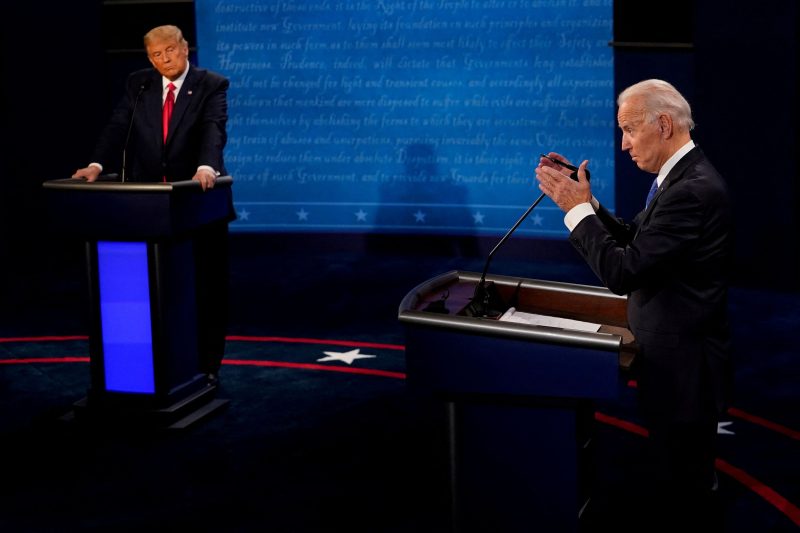Have you ever wondered if a single debate could shift public opinion and change the trajectory of voter sentiment? The power of political debates to influence the electorate is a constant topic of discussion, especially during election seasons. In recent years, televised debates have become a crucial component of political campaigns, providing candidates with a platform to showcase their views, level of readiness, and ability to think critically on critical issues.
Debates offer the audience a unique opportunity to scrutinize and compare candidates on a level playing field. This transparency allows voters to make more informed decisions and enables them to assess which candidate aligns the most with their values and priorities. The format of a debate demands that candidates think on their feet, respond to probing questions, and engage in meaningful dialogue with their opponents. This can be a revealing moment for voters, as it demonstrates how well candidates can handle pressure and articulate their ideas under scrutiny.
Moreover, debates can also serve as a catalyst for shifting public opinion. A strong performance in a debate has the potential to sway undecided voters or convince wavering supporters to stay committed. Candidates who present themselves as knowledgeable, articulate, and empathetic often leave a lasting impression on viewers. On the other hand, a weak debate performance can have the opposite effect, causing voters to question a candidate’s preparedness or credibility.
The impact of debates on voter sentiment cannot be understated. Studies have shown that debates can influence public opinion and even change the course of an election. A notable example is the first televised debate between John F. Kennedy and Richard Nixon in 1960, which is widely believed to have played a significant role in Kennedy’s narrow victory. The debate showcased Kennedy’s telegenic presence and charisma, while Nixon’s appearance and demeanor were perceived less favorably by viewers.
In the digital age, where information moves at lightning speed and social media plays a pivotal role in shaping public discourse, the impact of debates has only intensified. Instant reactions, fact-checking, and analysis flood the internet in real-time, amplifying the reach and influence of debate moments. Memorable one-liners, gaffes, and heated exchanges can quickly become viral sensations, shaping public perception of candidates for better or worse.
It is essential for voters to approach debates with a critical mind, considering not only the style but also the substance of what candidates offer. While charisma and delivery are important, it is crucial to delve deeper into the policies, values, and track records of the candidates. By engaging with debates thoughtfully and actively, voters can make informed decisions that align with their beliefs and contribute to a more robust and responsive democracy.
In conclusion, the impact of debates on voter sentiment is undeniable. These high-stakes events offer a window into the candidates’ character, competence, and vision for the future. By closely following debates, analyzing candidates’ performances, and critically evaluating their positions, voters can play a vital role in shaping the electoral landscape and ensuring that their voices are heard. The power to change the trajectory of voter sentiment lies in the hands of each individual who engages in the democratic process with diligence, discernment, and a commitment to making a well-informed choice.
